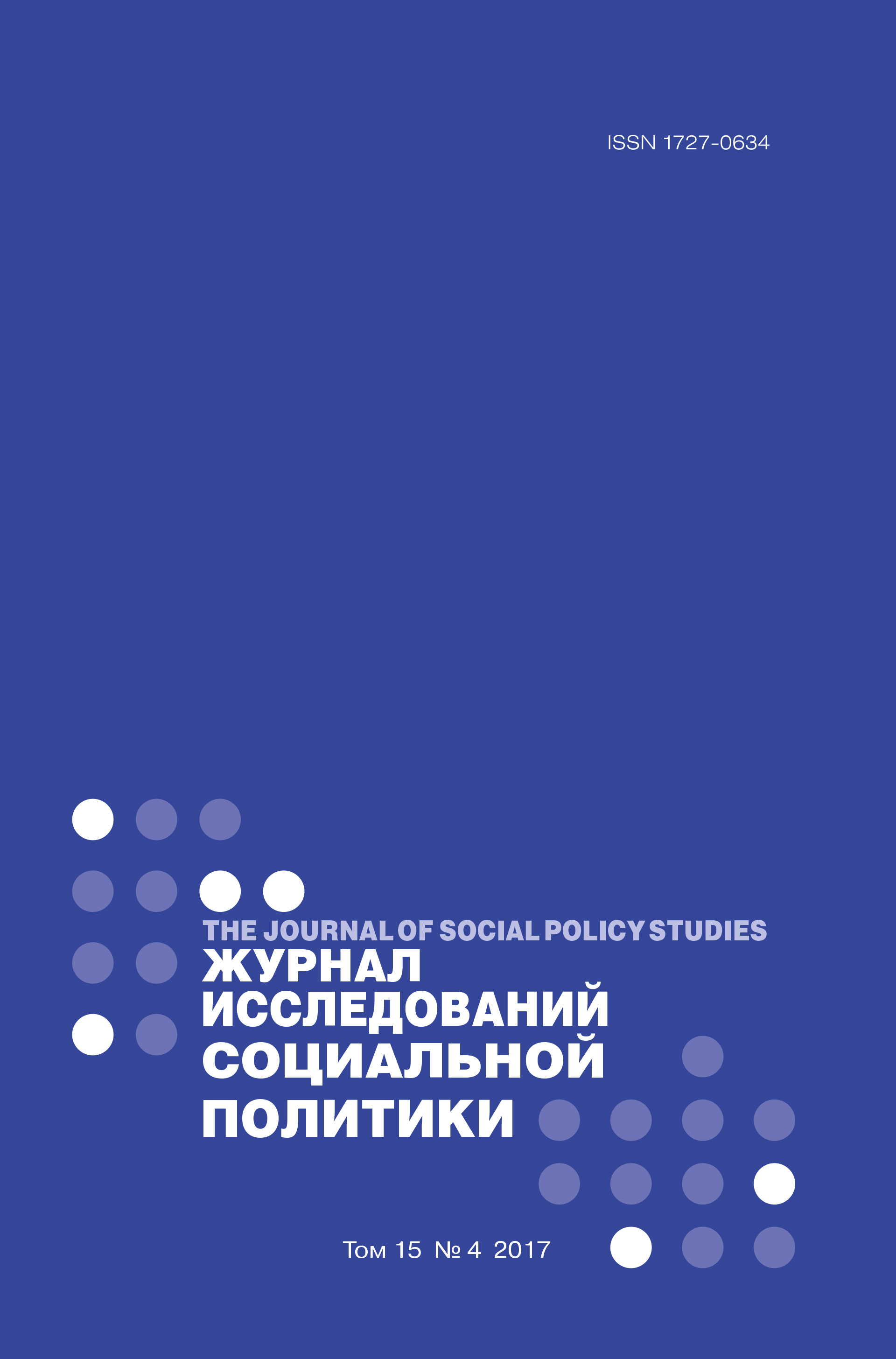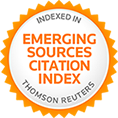Экспертиза временной нетрудоспособности в СССР и постсоветской России: врачи на службе государства в управлении трудовыми ресурсами
Аннотация
Юлия Александровна Крашенинникова – к. и. н., эксперт лаборатории муниципального управления НИУ ВШЭ, Москва, доцент, факультет экономики, менеджмента и бизнес-информатики, Пермь, Россия. Электронная почта: jkrasheninnikova@hse.ru
DOI: 10.17323/727-0634-2017-15-4-531-546
В статье в сравнительно-историческом ключе рассматриваются советская модель и современная организация экспертизы временной нетрудоспособности – одного из самых массовых видов экспертиз, используемых для целей государственного управления в России. В центре внимания три составляющие экспертизы: идеология или господствующее понимание ее задач; особенности организации и регламентации процедур; практики экспертной деятельности. Ключевой вопрос – претерпел ли изменения сложившийся в советское время институт на фоне кардинального изменения отношения государства к труду и занятости. Автор опирается на сравнительный анализ нормативных актов СССР и РФ, регулирующих данную сферу, и содержания советской и современной учебно-методической литературы для врачей. Для определения того, как выписка больничных листков была организована на практике в советское время, использованы архивные материалы ВЦСПС за 1930 – 1980 гг. Оценка современных практик экспертизы основана на материалах 31 полуструктурированного интервью с практикующими врачами, а также с представителями руководства медицинских организаций и контрольных инстанций. Показано, что институт экспертизы временной нетрудоспособности в советское время сложился в первую очередь как инструмент рационального распределения трудовых ресурсов в зависимости от состояния здоровья. В таком виде с задачей экспертизы медицинские учреждения не справлялись, воспринимая ее процедуры и правила формально. Тем не менее процедуры и правила влияли и продолжают влиять на организацию профессиональной врачебной деятельности и лечебного процесса, определяя рутину взаимодействия медицинской организации с пациентом.















